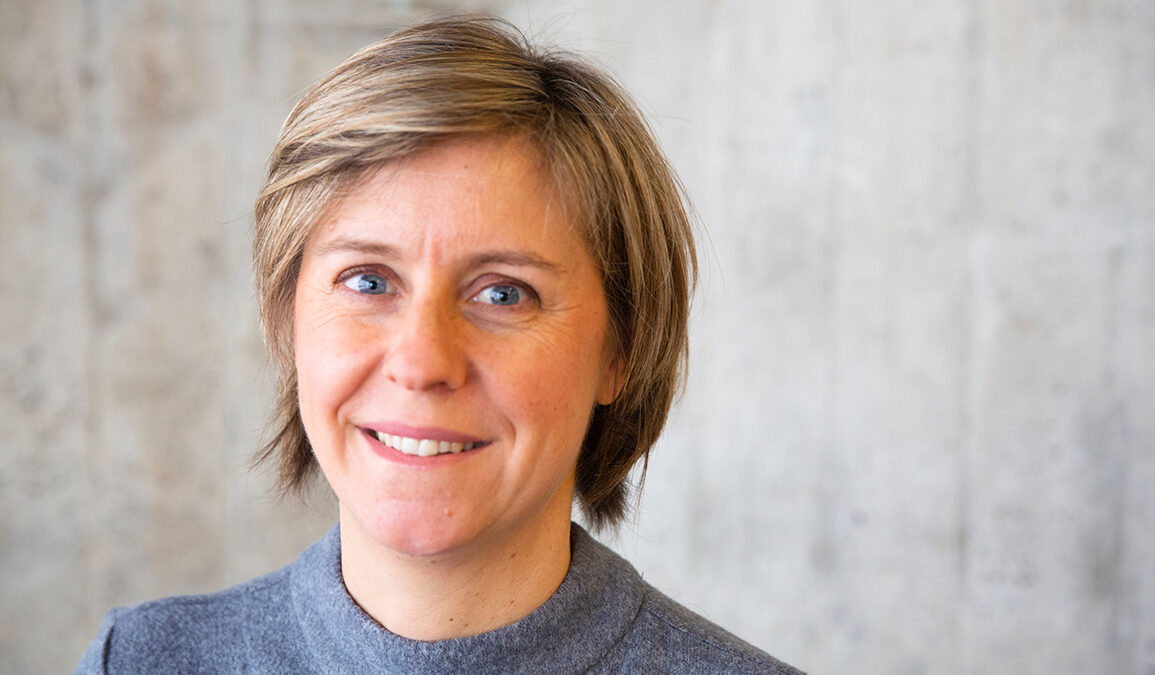The Philanthropist: What was the trigger for the development of this DAS?
Laetitia Gill: We noticed that there is a lack of formal offerings for philanthropy in the executive education market. At the same time, we saw a strong interest in academic and professional training in this field. The hallmark of this DAS is its interdisciplinary nature, which is necessary if we are to fully understand the complex field of philanthropy today. We want to build on the local ecosystem. Geneva is one of the hubs of philanthropy and home to many international organisations. So we chose to offer this training in English, in a hybrid format, so that people from other countries can participate.
TP: What do you think is the strength of the offer?
LG: We take an interdisciplinary approach. One of the main strengths of this DAS is the great diversity of the lecturers. We have brought together academics and practitioners from different disciplines: we talk about diversity and we live it too! The participants will thus benefit from a broad network. A second strength is the time horizon. We don’t just look at the present, but also cover what philanthropy will mean in 10 or 20 years.
TP: Many issues such as finance, leadership or diversity are not specific to philanthropy. How do you develop a philanthropy-specific perspective on these issues?
LG: All are important factors to be considered by all organisations, public and private. However, they are particularly important for philanthropy: the sector needs to lead the way in ensuring that best practice is in place when it comes to finance, leadership and diversity. Our course has a strong focus on all of these elements. For example, the finance module focuses on investment, transparency and accountability. We talk very specifically about how investments should be aligned with a foundation’s mission. We also want to take advantage of our university’s location and are considering visits to foundations to enrich the offering.
TP: The professionalization of the sector depends on educational opportunities. How do you see the Swiss foundation landscape in this respect?
LG: The sector is developing very quickly. We can see that the management and governance of foundations in Switzerland is becoming more and more professional. However, 80% of foundations are supported by volunteers and it is not easy for volunteers to find additional time for training. This does not mean that they are not interested, but there is a need to create a link with the training offer. Furthermore, professionalisation should not be limited to Switzerland. Globalisation challenges foundations. Foundations which are working with the developing world need to understand how the problems are developing locally. So they need a compass.
TP: What do you see as the major challenges for foundations and NGOs in Switzerland?
LG: Digitalization and artificial intelligence are changing the world. However, many foundations are still not present on the internet. Perhaps this is deliberate for reasons of discretion, but this will not work in the future. There is a need for more transparency and a new legitimization. Digitalization plays an important role in this. The integration of future generations will also be a major challenge.
The philanthropic sector needs diversity, not only in terms of gender, but also in terms of generations and social class.
Laetitia Gill
TP: Why?
LG: Young people engage differently. Think about crowdfunding. They use their mobile phones to give money to a project they care about, they are not interested in a tax exemption. There are new ways of giving, both in money and in kind. Crowdfunding is a growing new form of philanthropy. We need to engage young people. The philanthropic sector needs diversity, not only in terms of gender, but also in terms of generations and social class. This is one of the reasons why our DAS also wants to attract people who are only indirectly connected to philanthropy and who see the need to create a stronger link with this sector.
TP: Where do you stand with this DAS?
LG: The positive feedback from our Advisory Board and especially from interested participants is very encouraging. We are very pleased to have received applications from a number of highly qualified candidates. This shows that the demand is there and our offer is attractive.
DAS “Strategic and Operational Philanthropy” (34 ECTS points) at the University of Geneva
The language of instruction is English. The course starts in September 2021 and lasts until August 2022. The official registration deadline is May 31st.


